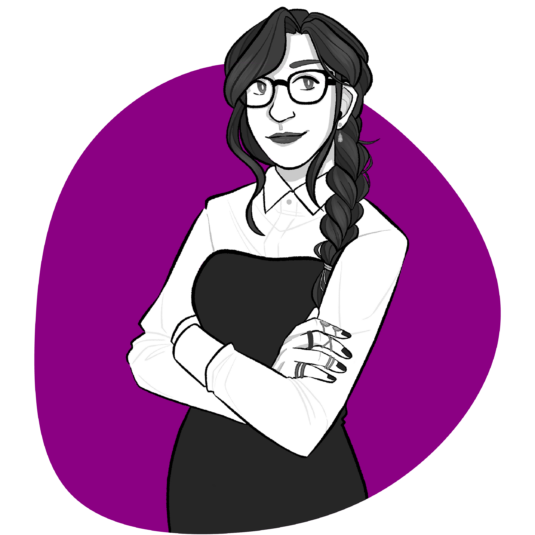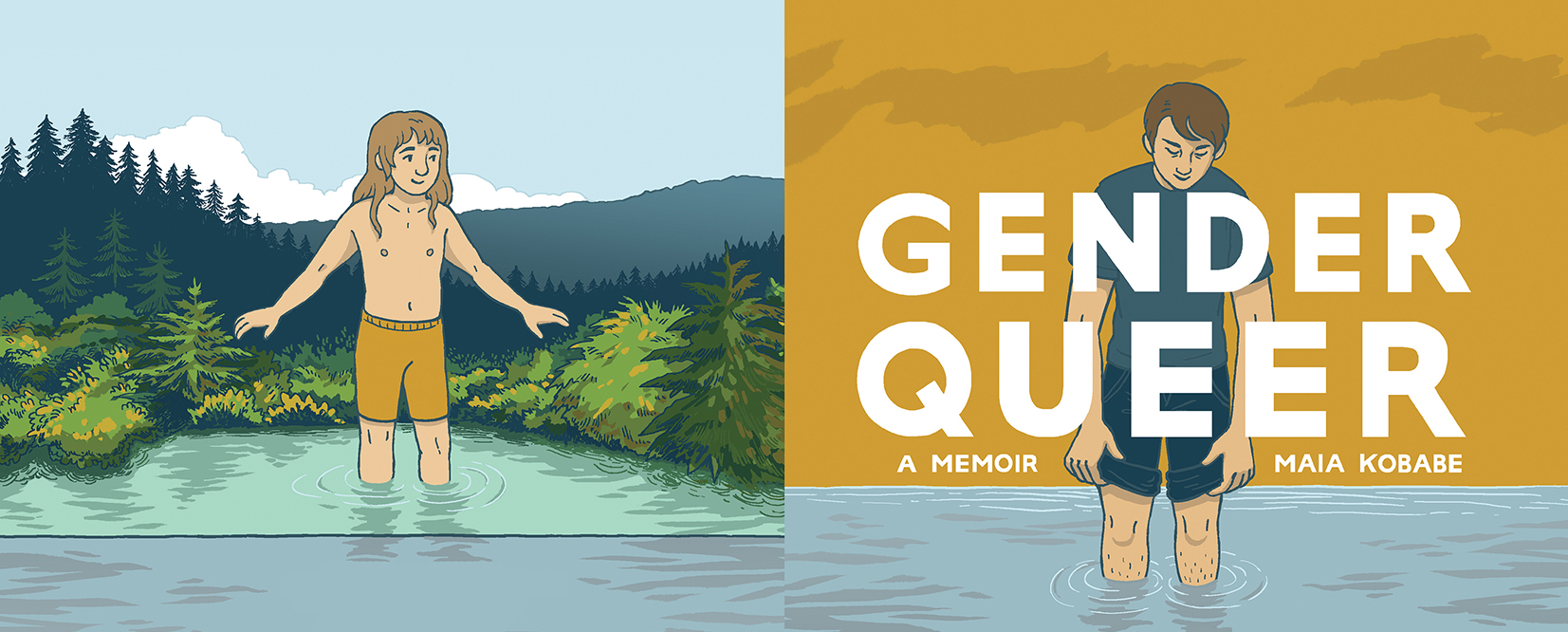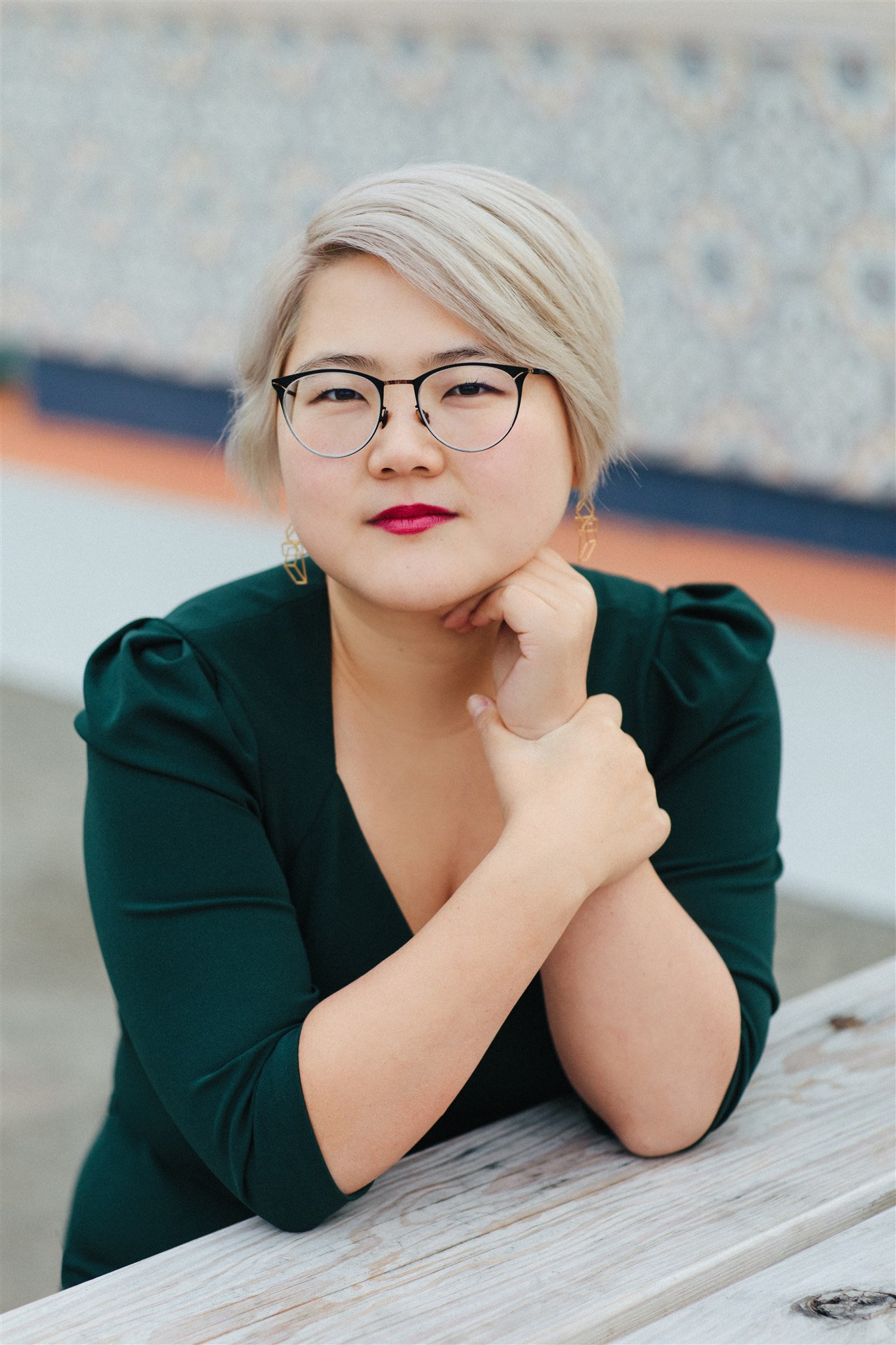
by Joe Corallo | Apr 6, 2024 | Blog
Today, April 6th is International Asexuality Day. To quote directly from their website, “IAD is a coordinated worldwide campaign promoting the ace umbrella, including demisexual, grey-asexual, and other ace identities.” We put together a round up of ace...

by Jason Kivela | Apr 6, 2023 | Blog
Michele Kirichanskaya is a first-generation Ukrainian Jewish American writer and journalist born and raised in Brooklyn, New York. A graduate of the New School MFA Program and Hunter College, they have written content for platforms such as Geeks OUT, Catapult, Bitch...

by Michele Kirichanskaya | Nov 6, 2020 | Blog
Maia Kobabe is a nonbinary, queer author and illustrator from the Bay Area, California. Eir first full length book, GENDER QUEER: A MEMOIR, was published in May 2019. Maia’s short comics have been published by The Nib and in many anthologies including THE SECRET...

by Michele Kirichanskaya | Oct 28, 2020 | Blog
Angela Chen is a journalist and the author of Ace: What Asexuality Reveals About Desire, Society, and the Meaning of Sex. Her reporting and essays have also appeared in The New York Times, The Wall Street Journal, The Atlantic, The Guardian, Paris Review, and more. I...





